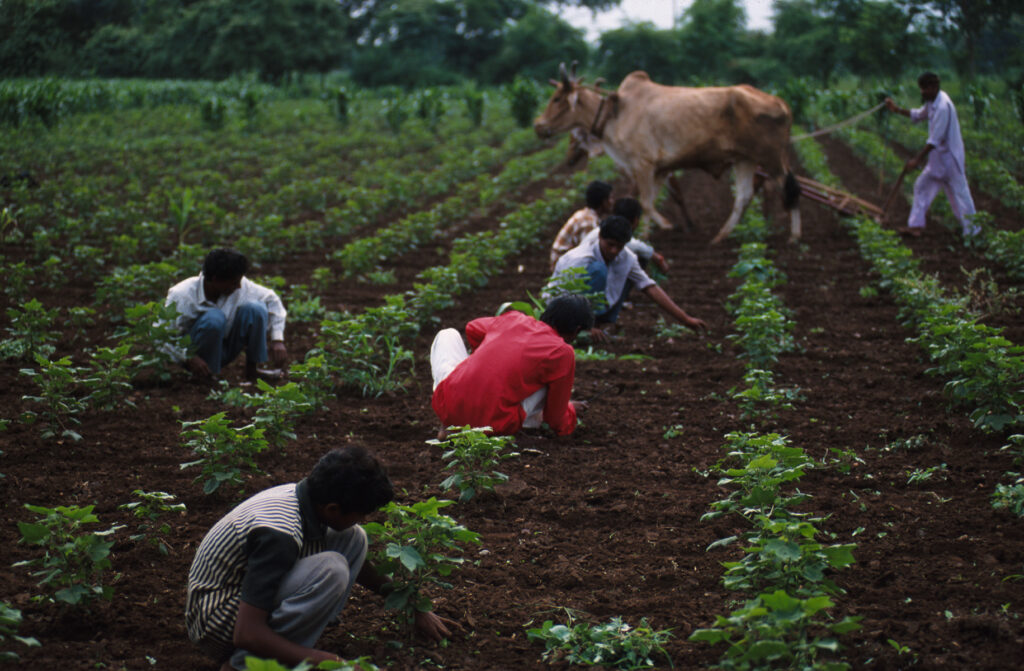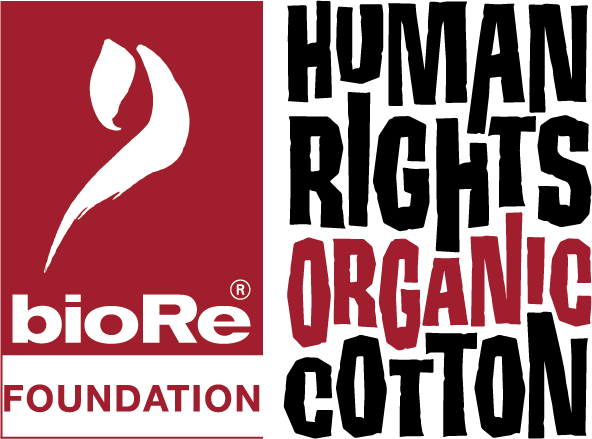This research report analyzes the impact of conversion to organic cotton production on smallholder livelihoods in the Maikaal bioRe organic cotton project in Madhya Pradesh, central India. For this purpose, it compares data on farm profile, physical and financial inputs/outputs, and soil parameters of organic and conventional farms over two cropping periods (2003 – 2005).
The results show that organic farms achieve cotton yields equivalent to those of conventional farms, although nutrient inputs are much lower. Thus, with lower production costs and an organic price premium of 20%, gross margins from cotton are substantially higher than in the conventional system. Even when crops grown in rotation with cotton are sold without an organic price premium, profits are higher on organic farms. In the perception of most organic farmers, soil fertility improved significantly after conversion. However, analysis of soil fertility parameters in soil samples from organic and conventional cotton fields has shown little difference in organic matter content and water retention.
Research suggests that organic cotton production can be a viable option to improve incomes and reduce vulnerability of smallholder farmers in the tropics. To realize this potential, it is important to find appropriate approaches that enable marginalized farmers to overcome the hurdles of converting to the organic farming system.

